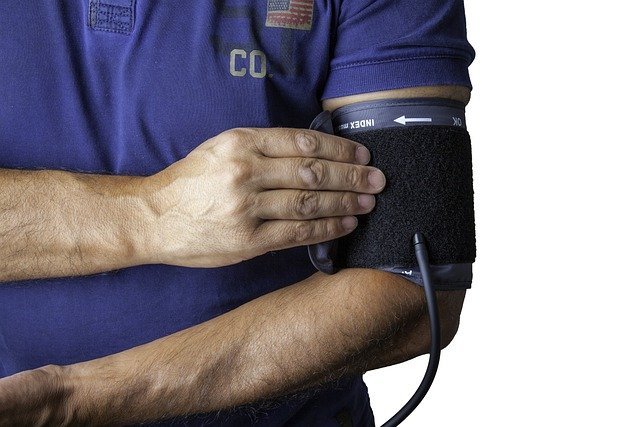Medical Assistant Training Programs Available in the US
Medical assistant training programs across the United States offer practical, hands-on experience for those interested in joining the healthcare field. Learn where to find training near you, what to expect from the courses, and how this path can lead to a stable medical career.

What Does a Medical Assistant Do on a Daily Basis?
Medical assistants play a crucial role in healthcare settings, performing a wide range of administrative and clinical responsibilities. Their daily tasks typically include taking patient medical histories, measuring vital signs, preparing examination rooms, assisting physicians during patient examinations, and managing medical records. In administrative roles, they schedule appointments, handle patient billing, and communicate with insurance providers. The versatility of this position makes medical assistants invaluable members of healthcare teams in hospitals, clinics, and private practices.
Topics and Skills Covered in Training Programs
Medical assistant training programs provide comprehensive education covering multiple critical areas. Core curriculum typically includes medical terminology, anatomy and physiology, patient communication, clinical procedures, and medical office management. Students learn essential skills such as:
-
Taking and recording patient vital signs
-
Performing basic laboratory tests
-
Understanding medical documentation
-
Administering medications under supervision
-
Utilizing electronic medical record systems
-
Practicing infection control protocols
-
Developing professional communication techniques
How Long Does It Take to Complete Medical Assistant Training?
Training duration varies depending on the program type and educational institution. Most medical assistant programs offer three primary options:
-
Certificate Programs: 9-12 months
-
Diploma Programs: 12-18 months
-
Associate Degree Programs: 2 years
Each program provides progressively comprehensive training, with associate degree programs offering the most in-depth educational experience. Students can choose between traditional classroom settings, online programs, or hybrid learning models to accommodate their personal schedules and learning preferences.
Where Can You Find Accredited Medical Assistant Training in Your Area?
Accredited medical assistant training programs are available through various educational institutions:
-
Community colleges
-
Technical schools
-
Vocational training centers
-
Online educational platforms
-
Traditional four-year universities
When selecting a program, students should verify accreditation through recognized bodies like the Commission on Accreditation of Allied Health Education Programs (CAAHEP) or the Accrediting Bureau of Health Education Schools (ABHES).
Medical Assistant Training Cost and Program Comparison
| Program Type | Average Duration | Estimated Cost | Accreditation Status |
|---|---|---|---|
| Certificate | 9-12 months | $5,000-$10,000 | Varies |
| Diploma | 12-18 months | $8,000-$15,000 | Generally accredited |
| Associate Degree | 2 years | $10,000-$30,000 | Typically fully accredited |
Prices, rates, or cost estimates mentioned in this article are based on the latest available information but may change over time. Independent research is advised before making financial decisions.
Career Opportunities After Completing Training
Graduates of medical assistant training programs can explore diverse career paths in various healthcare settings. Potential employment opportunities include:
-
Hospitals and medical centers
-
Private physician offices
-
Specialized clinics
-
Outpatient care facilities
-
Diagnostic laboratories
-
Surgical centers
The Bureau of Labor Statistics projects strong job growth for medical assistants, with employment expected to increase by 16% between 2020 and 2030, significantly faster than the average for all occupations.
This article is for informational purposes only and should not be considered medical advice. Please consult a qualified healthcare professional for personalized guidance and treatment.




